
Will your legacy be celebrated for WHAT you do or for WHO you are?
Will you be remembered for what you accomplished or who you were behind the scenes?
Will others celebrate your life for the grand feats you tackled or for who you were when no one was watching?
How do we truly measure a life well-lived?
As a leader in her early 20s, I am often asked questions such as:
- What’s next?
- What project are you tackling right now?
- How is your organization growing?
- Is your platform expanding?
However, very few individuals will look at me, a young millennial, presumably at the beginning of my life, and ask, “How are you building your legacy?”
Known for our “Live in the Moment” mentality, millennials are working harder than ever to craft the perfect storm of busyness, fulfillment and happiness. My generation is nearly obsessed with seeing their accomplishments glamorously promoted in public, celebrated in newspapers and reported on television.
However, my view of legacy was forever transformed by the life of a young friend.
Only six months ago, I put on a black dress and walked through the doors of a church, my surroundings blurred with the tears hanging in my eyes.
It was the day I would say goodbye to a dear friend for the final time on this earth.
As I sat through a service filled with people deeply changed by the brief life of this 25-year old, I was forced to reflect on the beauty and impact of his life.
My friend had never been CEO of a fortune 500 company, or appeared on the front of Time Magazine or won an Olympic medal.
That wasn’t his legacy. His legacy was much more beautiful.
Don’t get me wrong, my friend was an accomplished young leader with a list of outstanding achievements.
But those achievements did not define his life.
He had naturally poured his life, his time and his passion into something he valued so much more.
People.
He was crafting his legacy long before cancer invaded his body.
It wasn’t a flashy or glitzy legacy.
It was a humble, honorable, heroic legacy.
As I sat through the service, I heard story after story from people sharing how my friend loved people with a radical love. Laughter and tears mixed over tales of his hilarious humor, his gentle spirit, his quiet strength and his unwavering faith in the midst of unimaginable suffering and pain.
My friend understood his legacy was not so much about what he DID. His legacy was much more about who he WAS.
His story on this earth is written and complete.
And in his death, his legacy has impacted lives across the globe.
However, your legacy is still being written.
What story will your life tell?
If you are serious about crafting your own legacy, there are three steps you can take today.
- Define Your Legacy
What stories will your family and friends share one day? Will they share stories of your business empire, your financial gains and your skyrocketing success? Or will they share stories of selfless leadership, deep relationships and unwavering faith?
No one else can craft your legacy for you.
You cannot outsource this.
Reflect over your life and the priorities you want to center your life around.
- Select a few stories or moments you desire to be represented in your legacy.
- Write them down.
- Make Time for Your Legacy
It is easy to say we want to be defined by love and relationships.
However, when we’re confronted with the opportunity to choose our families over our colleagues, relationships over competition or service over financial gain, the choice becomes more difficult.
Your legacy will never reflect what you do not have time for.
Crafting your legacy begins with your calendar. Take a look at your schedule.
- In what ways are your priorities out of order or inconsistent with the legacy you long for?
- What items need to be taken out of your schedule?
- What priorities are missing?
- Consider Your Legacy A Priority For Today
If you are a young leader, do not just assume you have the rest of your life to craft your legacy. Your legacy begins now.
It’s never too early.
And it’s not too late.
Begin to recreate your legacy from the inside out today. It is up to you to decide what story you will write with your life and your leadership and what legacy you will be remembered for.
A beautiful legacy is not built accidentally.
It is built through intentionality and consistency.
Begin crafting your own beautiful, compelling narrative and leave a legacy that truly matters.
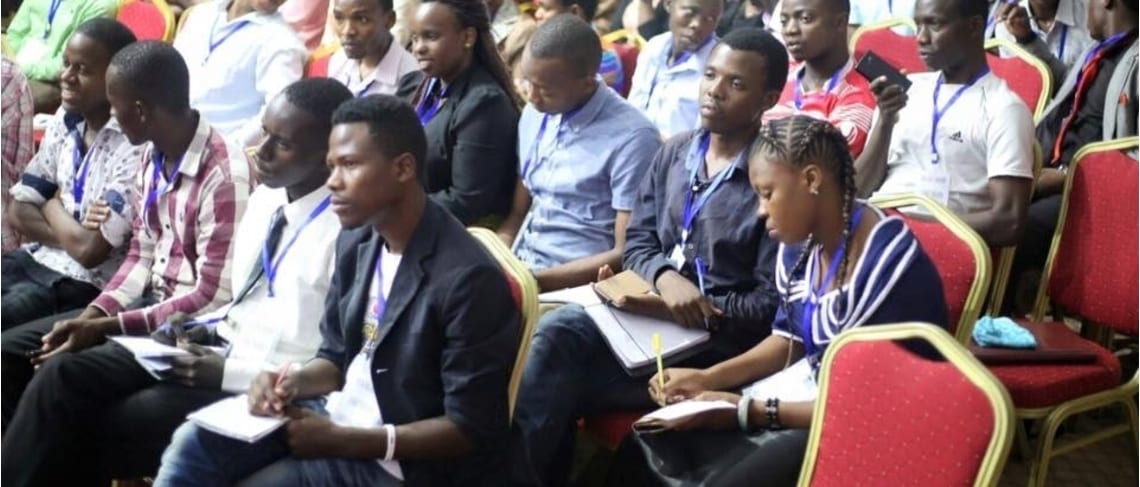
 “We planned for 550 youth leaders, but on Friday night November 25th, we had 796 youth leaders from over 25 universities and colleges; and 30 volunteers.”
“We planned for 550 youth leaders, but on Friday night November 25th, we had 796 youth leaders from over 25 universities and colleges; and 30 volunteers.” Puebla, Mexico had such a good response with 410 attendees in all. Due to such an incredible turnout, they made the decision to create an additional event so they could meet the demand of youth wanting to learn more about leadership.
Puebla, Mexico had such a good response with 410 attendees in all. Due to such an incredible turnout, they made the decision to create an additional event so they could meet the demand of youth wanting to learn more about leadership. “It was great to hear the visions the young people have of building schools, helping orphans, championing girls’ education, advocating for youth on the streets, working with people with disabilities and setting up agro processing industries. The list goes on!”
“It was great to hear the visions the young people have of building schools, helping orphans, championing girls’ education, advocating for youth on the streets, working with people with disabilities and setting up agro processing industries. The list goes on!” There were 212 attendees and 54 made decisions to put their faith in Christ!
There were 212 attendees and 54 made decisions to put their faith in Christ! “For us, it is like a dream to be able to do something like this!”
“For us, it is like a dream to be able to do something like this!”
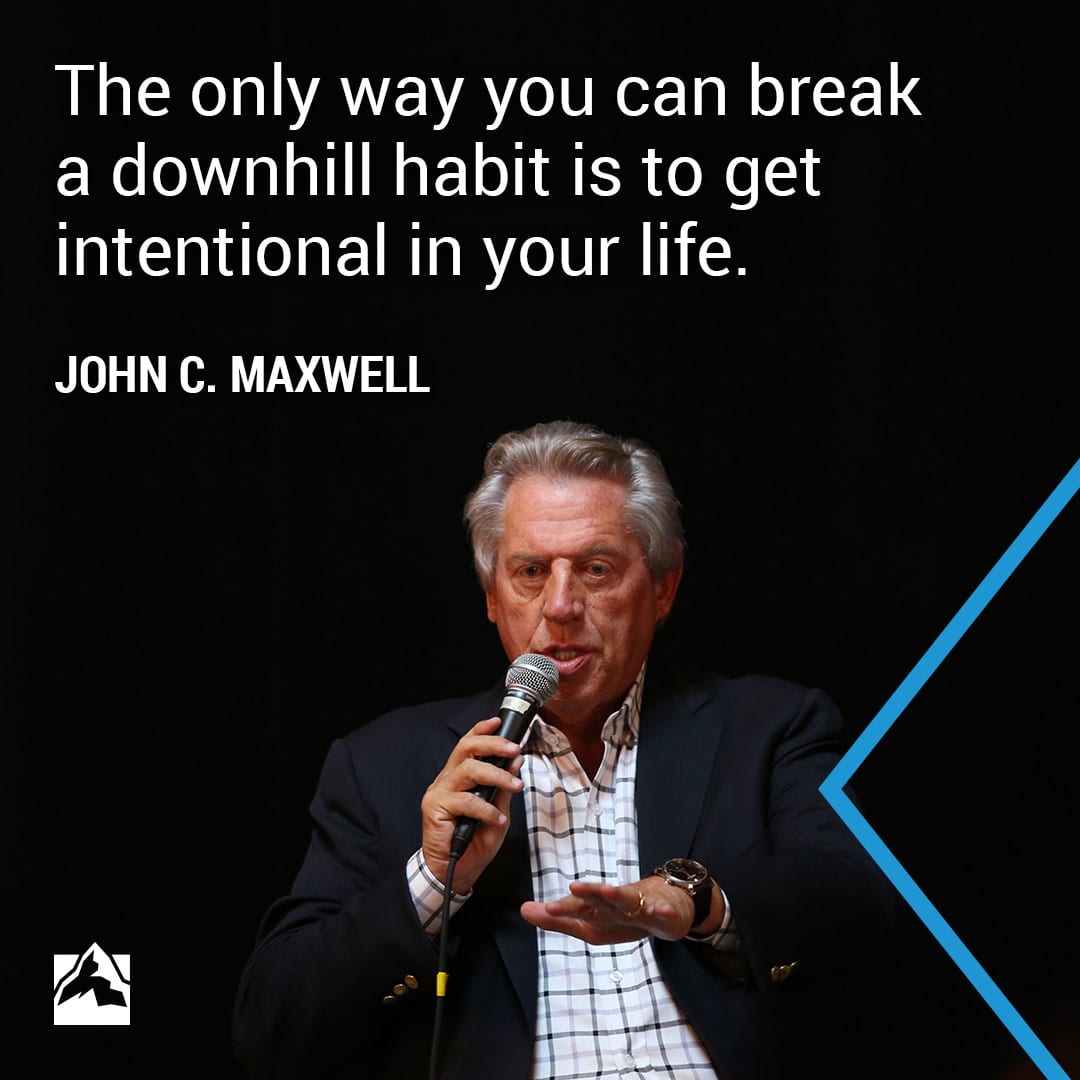

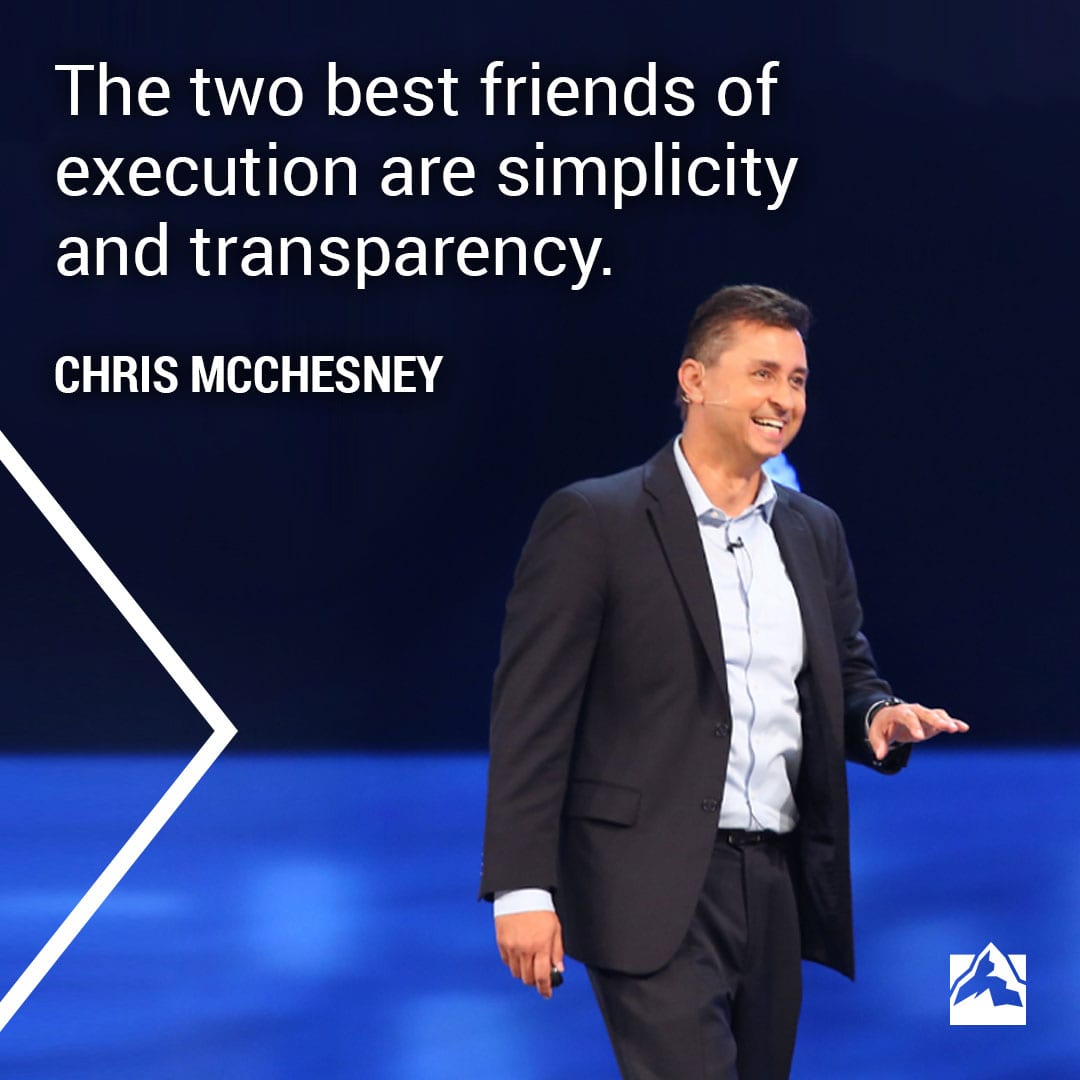

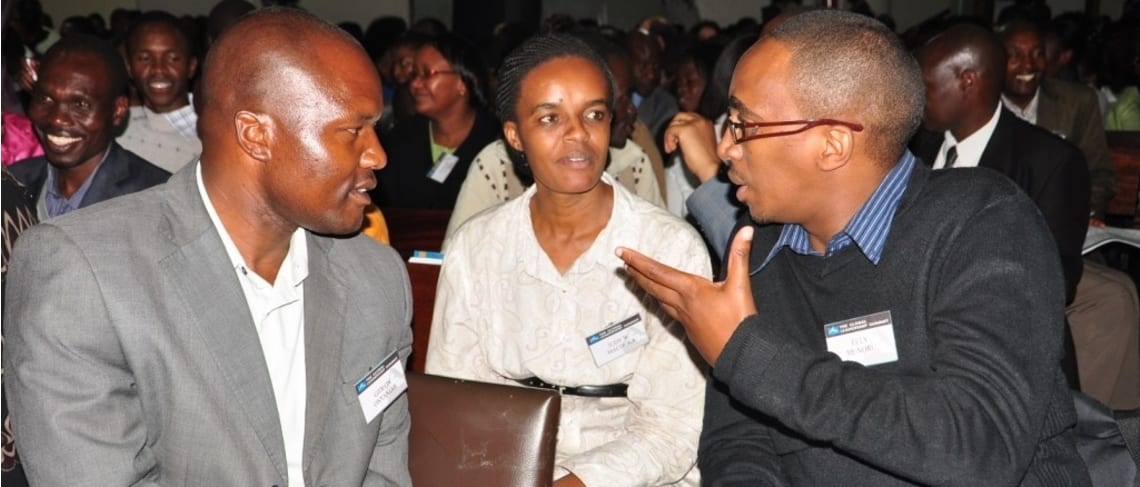
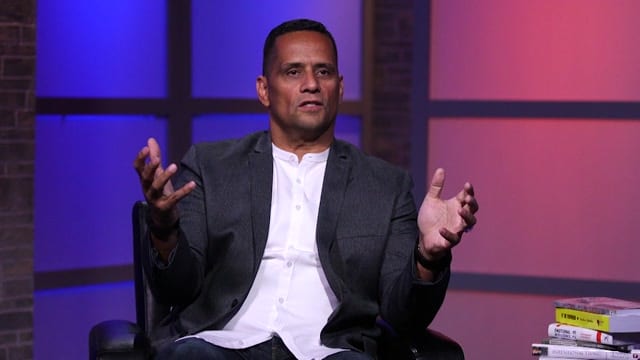
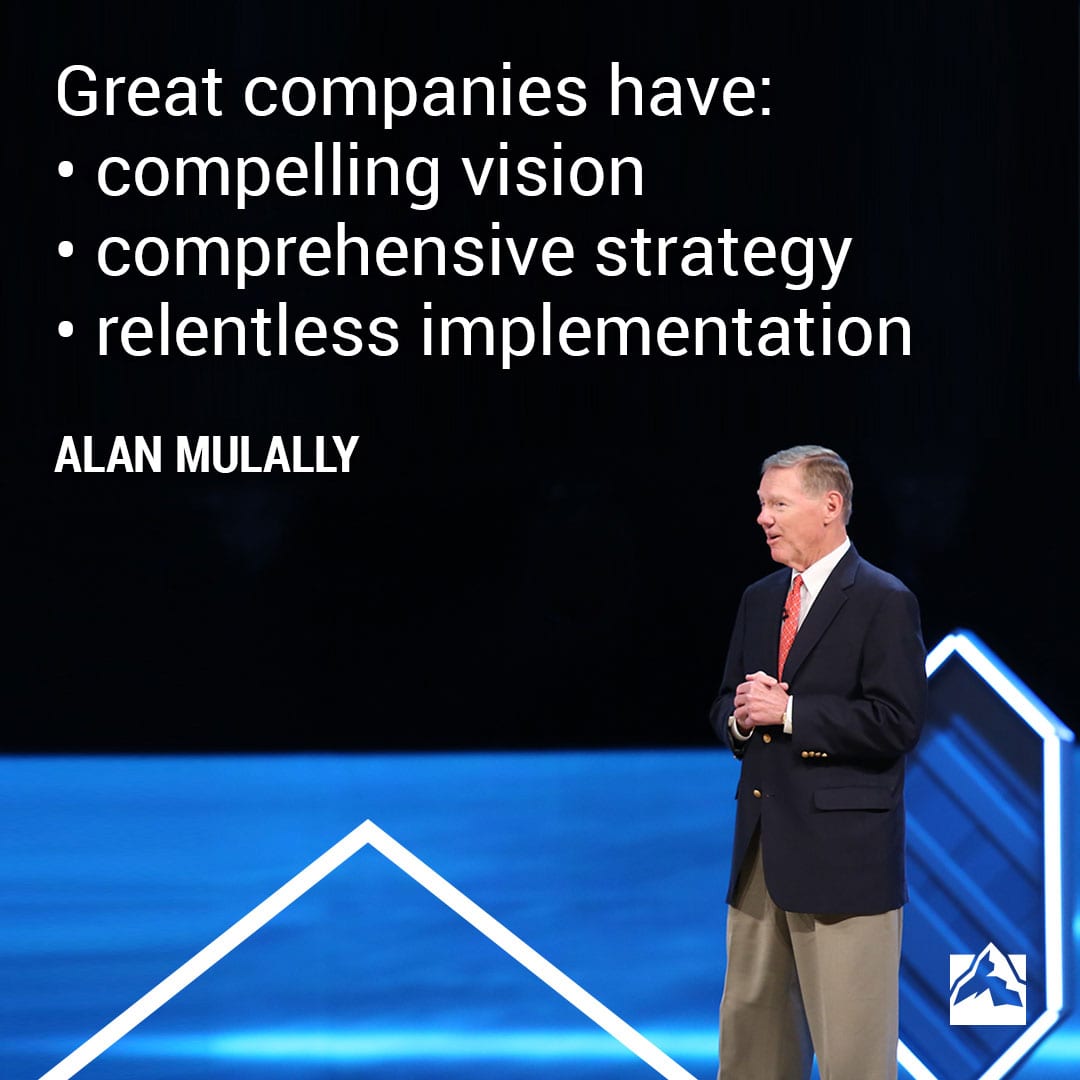
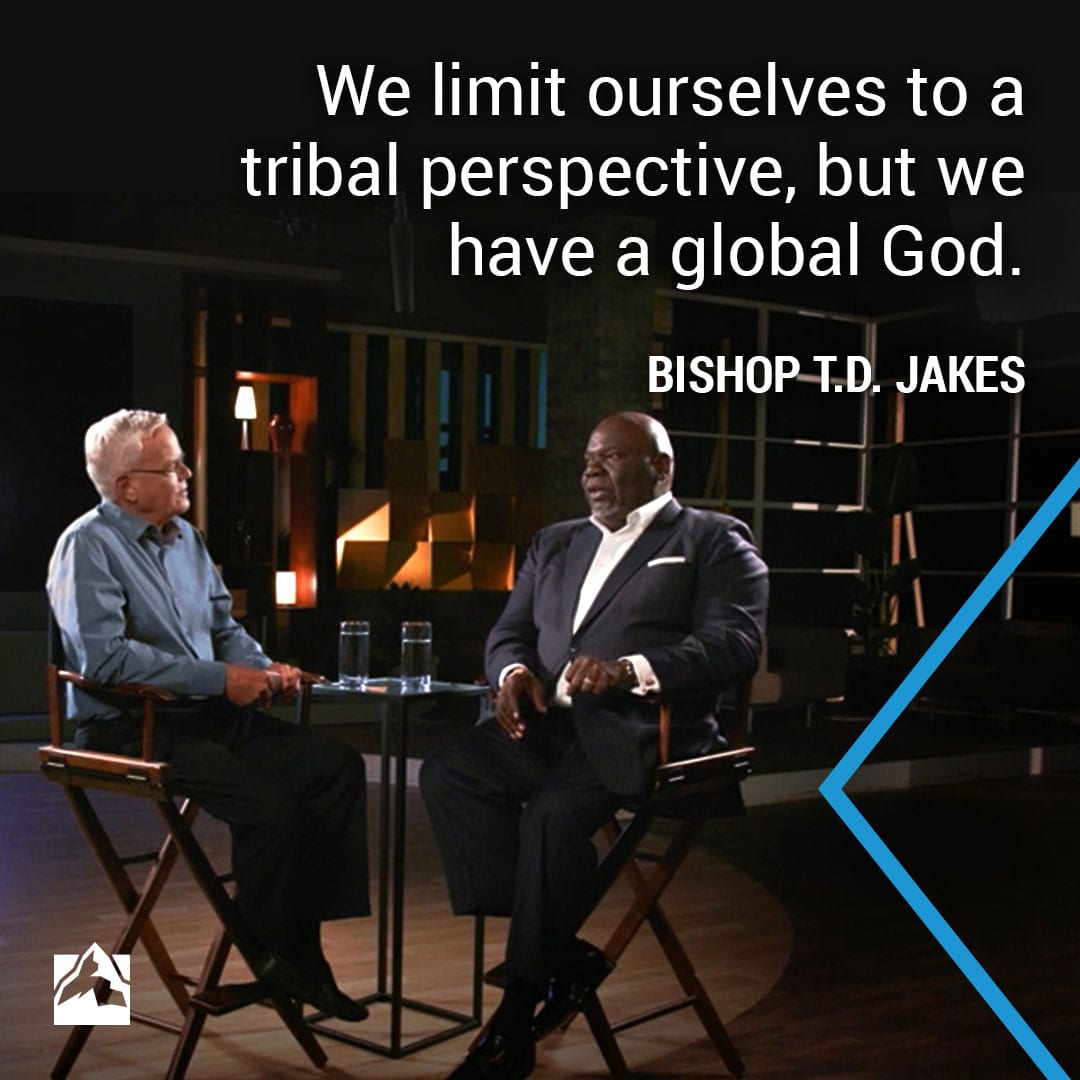
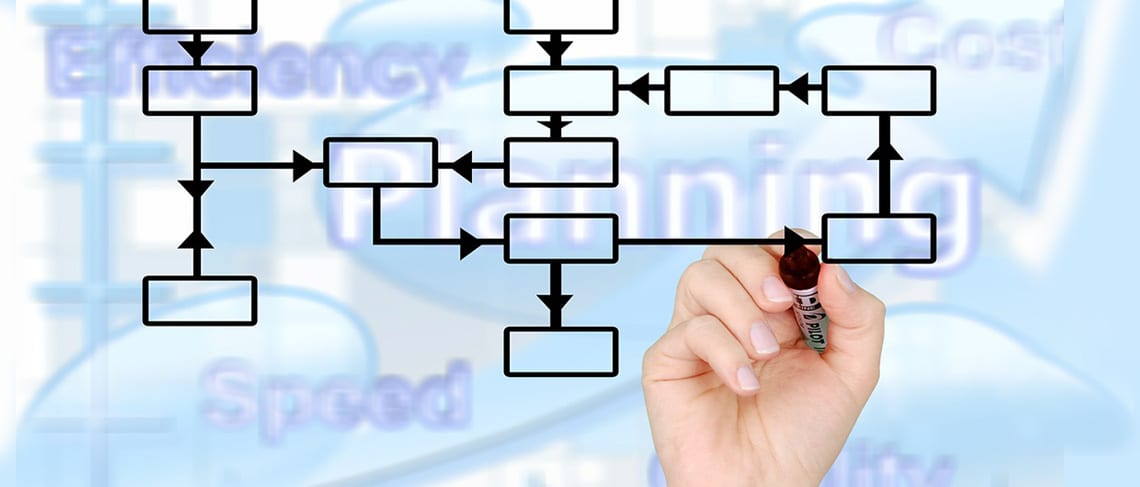

Recent Comments